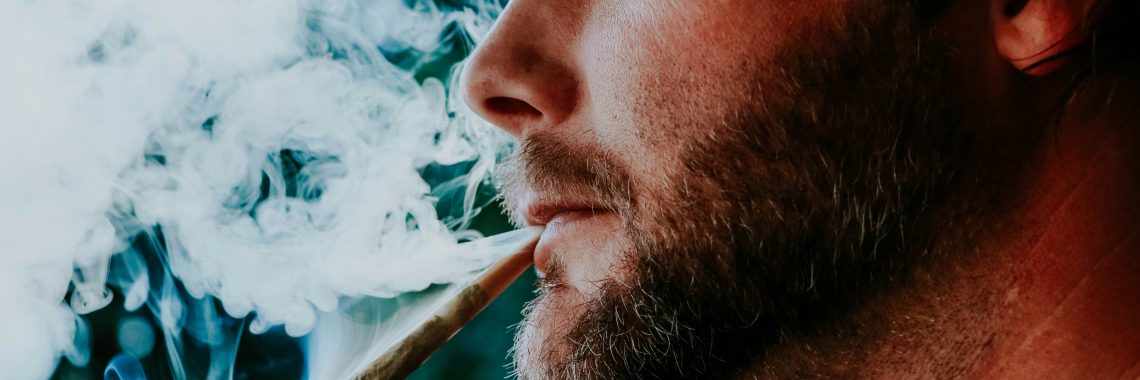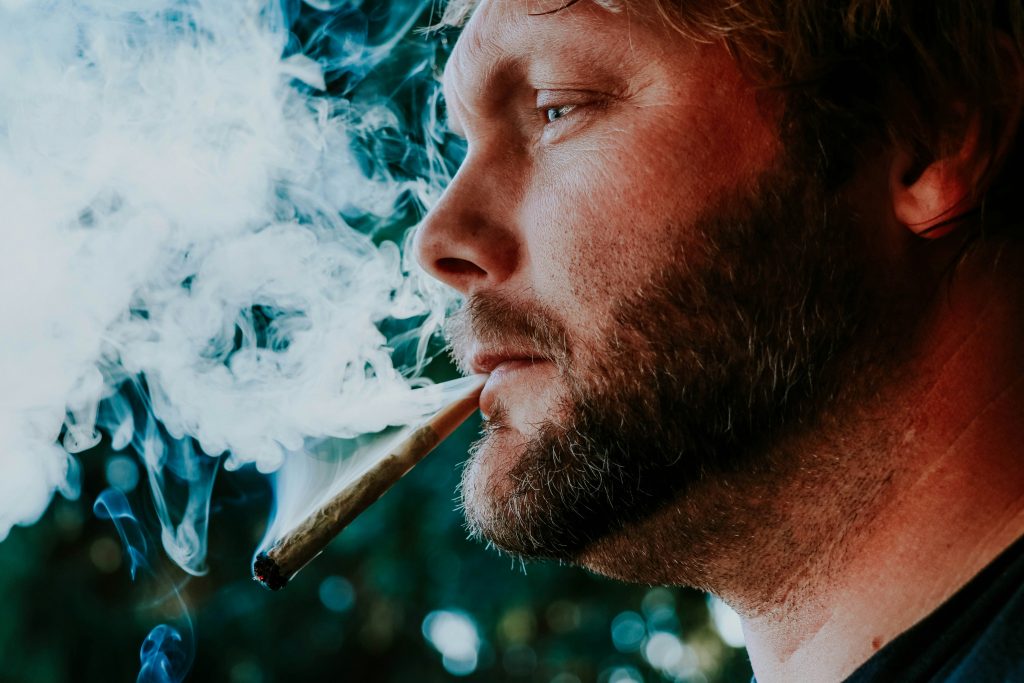House Committee Advances Bill to Protect Arkansans from Dangerous Drugs
On Wednesday the House Rules Committee backed a good bill to protect Arkansans from dangerous drugs like THC made from industrial hemp.
THC is the main psychoactive drug in marijuana.
In 2018, Congress passed the federal Agriculture Improvement Act legalizing industrial hemp — or cannabis — that is low in THC. The goal was to let farmers grow cannabis plants for use in textiles like rope or cloth, but manufacturers have found ways to extract and refine the little bit of THC in industrial hemp. Doing this on a commercial scale means they can produce a lot of THC to infuse into drinks, candies, e-cigarettes, and other products.
In response, many state and federal policymakers have pushed back against these dangerous drugs.
For example, the U.S. Food and Drug Administration has said that federal law prohibits hemp-derived THC in food products.
Massachusetts, South Dakota, California, and many other states have successfully prohibited food, drinks, and other products that contain THC made from hemp.
In 2023, Arkansas passed Act 629 by Sen. Tyler Dees (R – Siloam Springs) and Rep. Jimmy Gazaway (R – Paragould) to prohibit THC made from industrial hemp.
Family Council supported that good law, and the legislature voted to pass it.
However, members of the hemp industry filed a lawsuit against Act 629, and the law has been tied up in federal court ever since.
This year Sen. Dees and Rep. Gazaway filed S.B. 533 to address the issues raised in the lawsuit over Act 629.
S.B. 533 is a good bill that would help prohibit intoxicating hemp products that contain THC and other drugs in Arkansas if Act 629 is ruled unconstitutional.
The bill effectively stops THC and other drugs made from hemp from being put into food or drinks sold in the state.
It also ensures other hemp products — like CBD oil or cosmetics — do not contain dangerous drugs or other contaminants.
On Wednesday, the House Rules Committee passed S.B. 533 after a good deal of discussion. The bill now goes to the entire Arkansas House of Representatives for a final vote.
Articles appearing on this website are written with the aid of Family Council’s researchers and writers.





